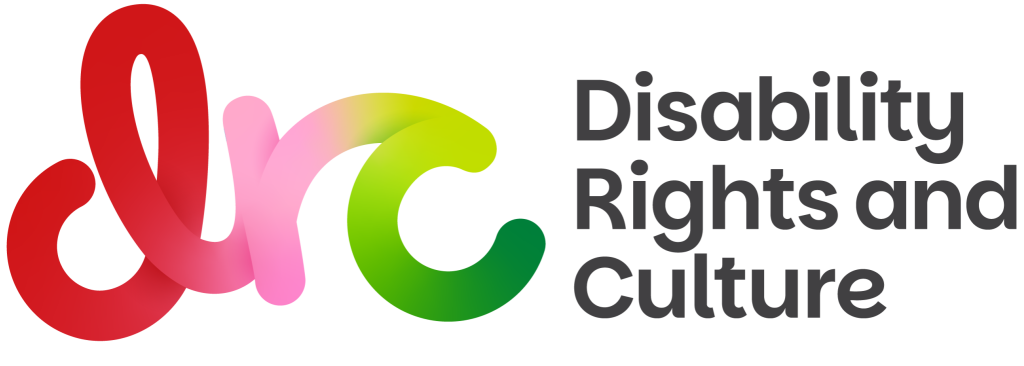Disability Rights and Culture has recently launched a new Communication Support Needs Advocacy Program.
This is a dedicated strand of work aimed at working alongside people who cannot rely on speech alone to be heard and understood. Together we will tackle individual barriers and campaign for systemic change.
Individual Advocacy - Standing beside people with communication disabilities to make sure their rights are upheld
We offer personalised support for people who use AAC or have complex communication needs. This includes:
- Navigating systems like the NDIS, health services, or education settings, where communication access is often overlooked.
- Supporting meetings and assessments to ensure your preferred method of communication is understood, respected, and used.
- Making complaints and appeals when rights are breached, such as being denied an interpreter, AAC support, or inclusive decision-making.
- Support for individuals to advocate for themselves with confidence, using the tools and supports that work best for them.
- Ensuring informed consent by supporting the right to accessible information and supported decision-making.
Systemic Advocacy - working for big-picture change so everyone’s communication rights are respected
We advocate for inclusive policies, practices, and systems. This includes:
- Policy influence and reform, ensuring communication rights are embedded in laws, standards, and programs across education, health, disability, and justice.
- Campaigning for access, including inclusive AAC policies, training for frontline workers, and accessible public information.
- Speaking up in government consultations and meaningful engagement processes to make communication access a non-negotiable priority.
- Promoting UNCRPD principles, including the right to freedom of expression and information for people with complex communication needs.
Need Assistance?
If you are looking for Communication Support Needs advocacy – or if you want to join the campaign to improve education, health and justice for people with communication disabilities – we would love to hear from you.


